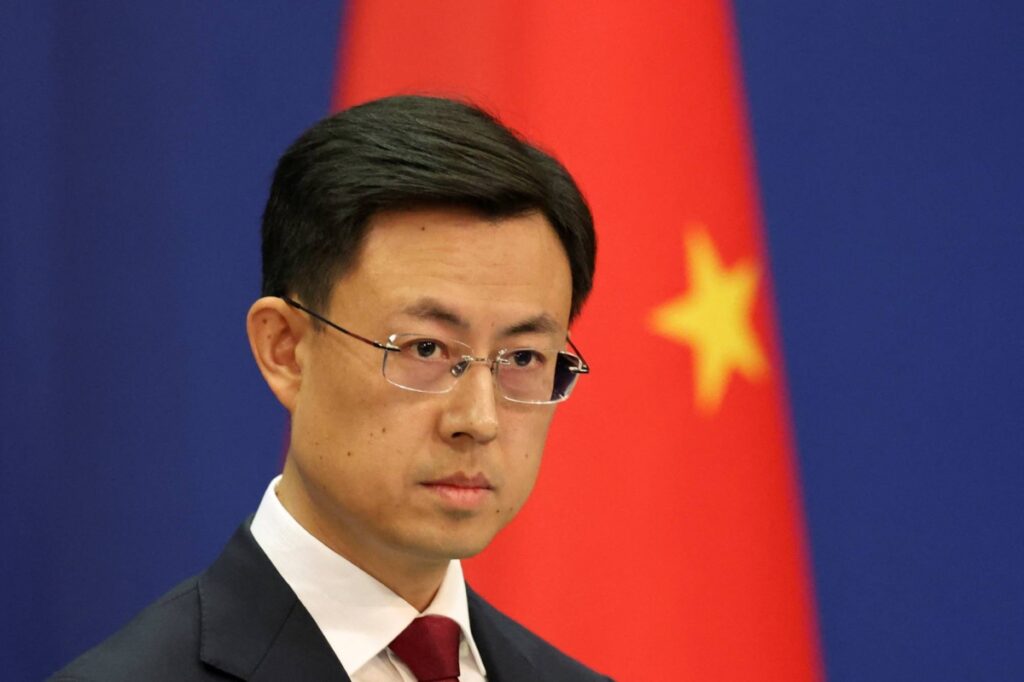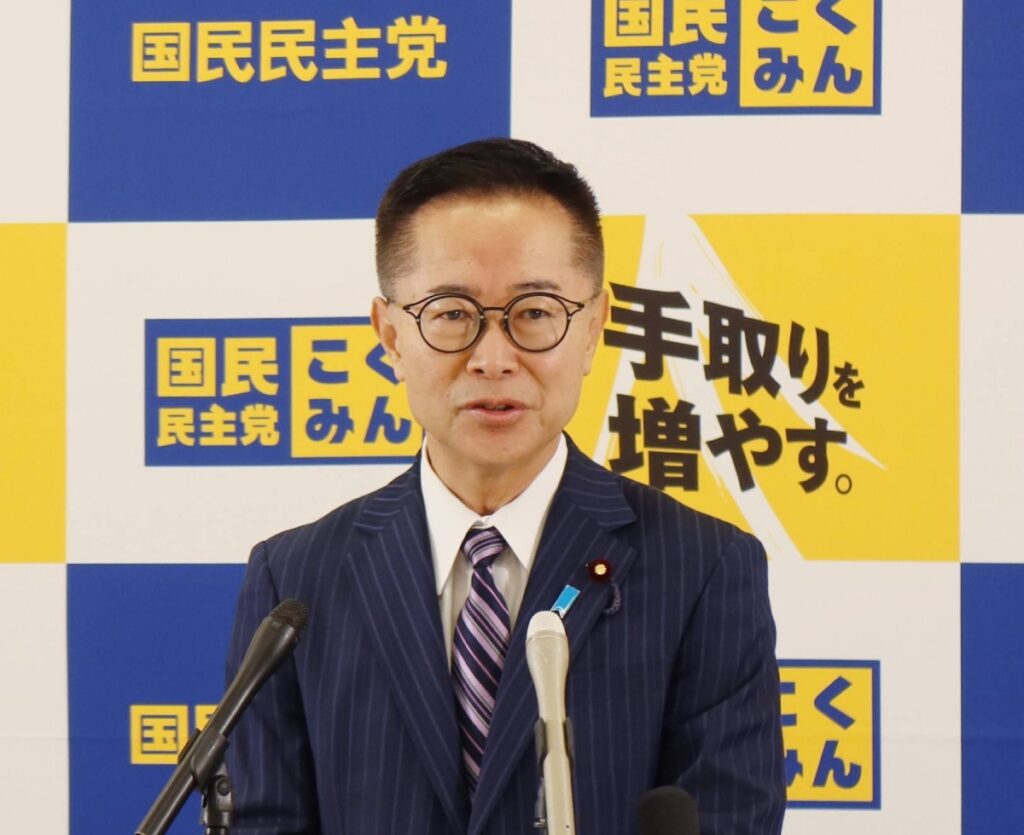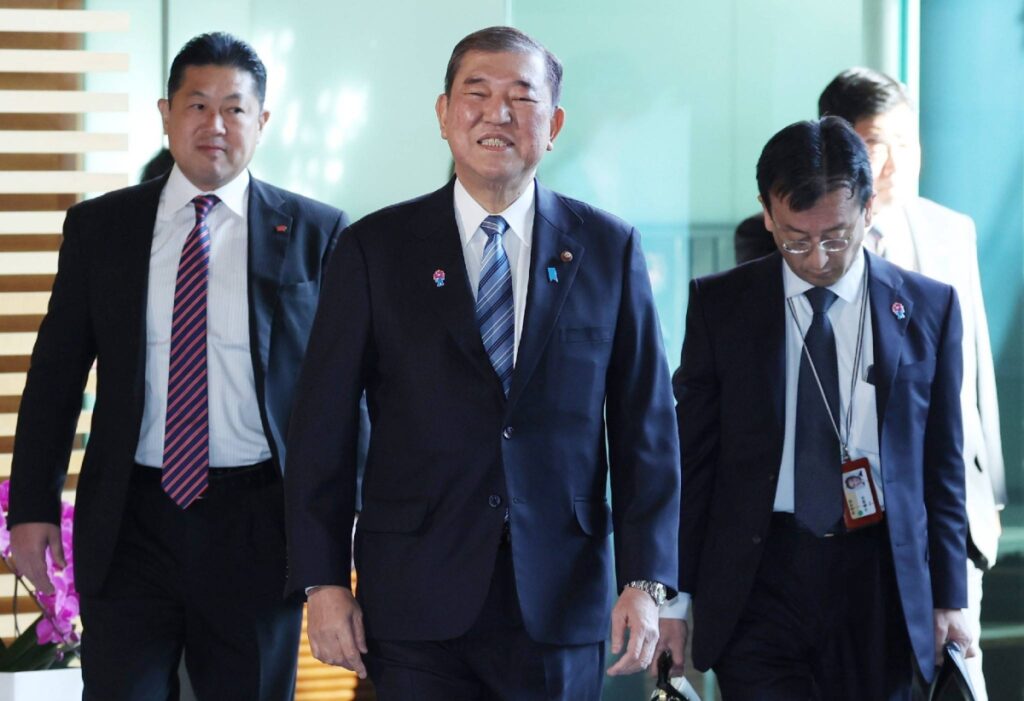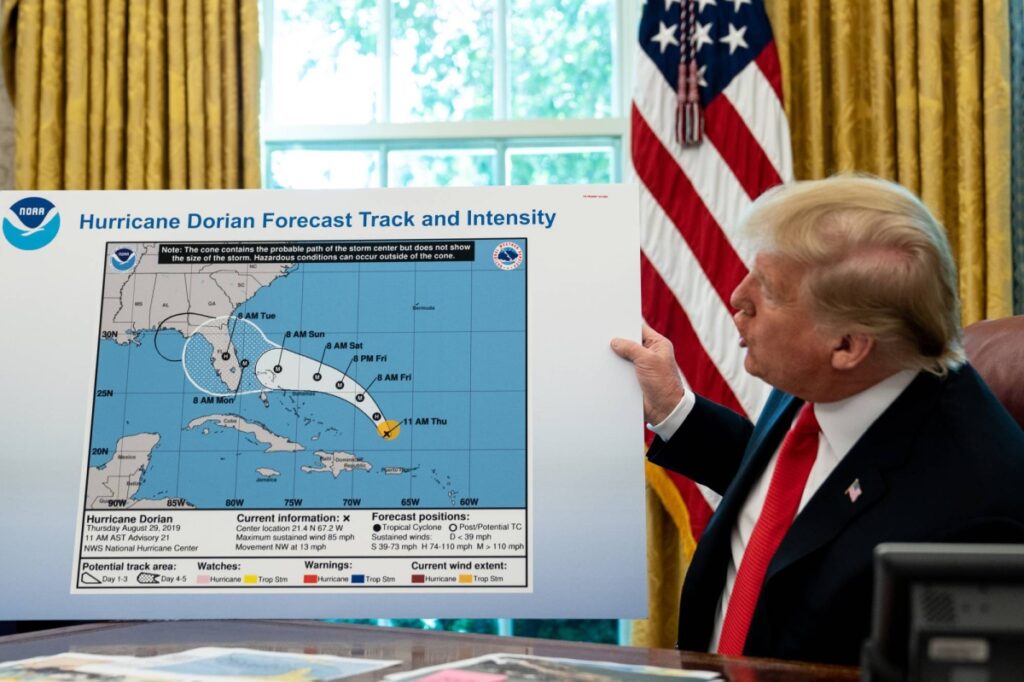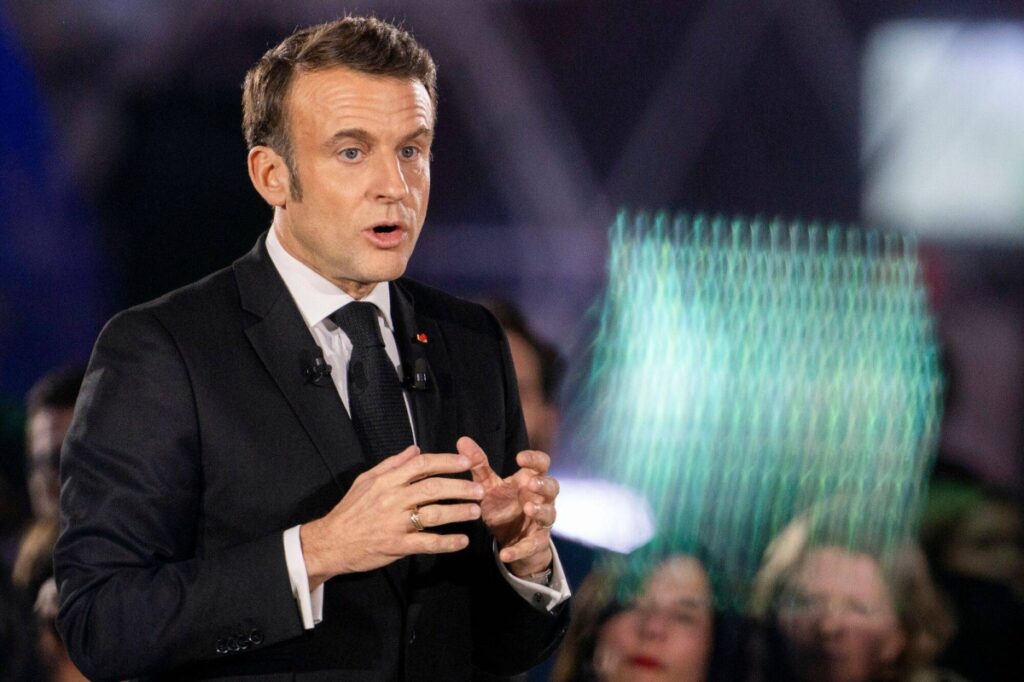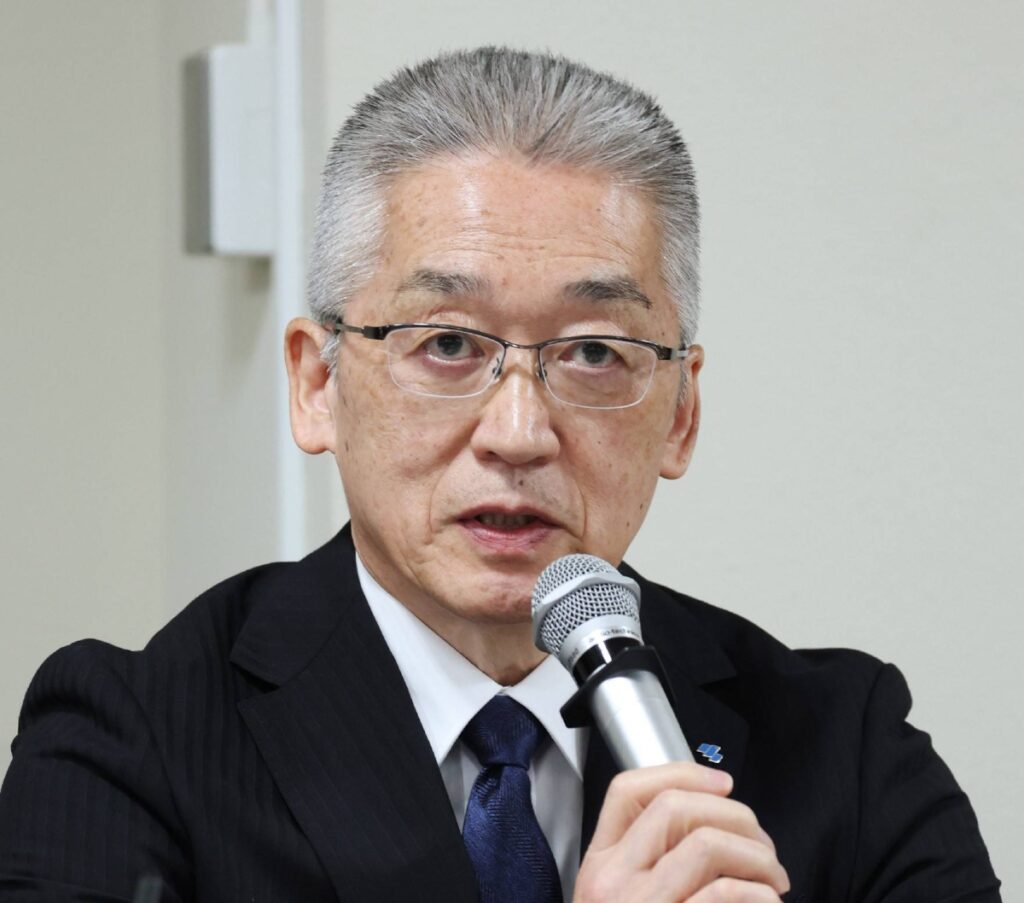The National Oceanic and Atmospheric Administration, one of the world’s leading climate science agencies, has been ordered to identify grants related to global warming and other topics targeted by U.S. President Donald Trump’s executive orders, raising fears that those grants are at risk of being canceled. The instructions were issued Thursday at the direction of the Commerce Department, which includes the NOAA, according to a copy of the document viewed by The New York Times. NOAA staff members were given a list of all “active financial assistant awards” at NOAA and told to identify which of those grants could be “potentially impacted” by one of Trump’s orders. One of the directives in question, signed by Trump the day he took office, is aimed at demolishing federal government programs that address climate change. Based on that order, NOAA staff members have been told to search their existing grants for terms that include “climate science,” “climate crisis,” “clean energy,” “environmental quality” and “pollution.” The executive orders do not specifically mention NOAA. But Project 2025, the policy blueprint created by the Heritage Foundation that is reflected in many of the actions taken by the Trump administration, calls NOAA “one of the main drivers of the climate change alarm industry.” The document urges that NOAA be dismantled and some of its programs terminated. And it calls for the privatization of the National Weather Service, a division of NOAA. Project 2025 was written by many people who now hold senior roles in the administration. In addition to research on atmospheric science, NOAA funds scientific work on the oceans, the Arctic, wildfires and more. The agency also operates satellites, provides weather data, predicts the path of hurricanes and regulates offshore fisheries. Florida’s sprawling landscape is seen from the cockpit windows as NOAA’s hurricane hunter team collects data from Tropical Storm Helene over the Gulf of Mexico on Sept. 24. | Zack Wittman / The New York Times The demand to identify climate-related grants follows the revelation last week that members of the so-called Department of Government Efficiency, led by Elon Musk, had gained access to NOAA’s computer systems. Democrats sent a letter to Trump’s pick for commerce secretary, Howard Lutnick, urging him to defend NOAA against Musk’s “unlawful attacks.” On Tuesday, environmentalists, lawmakers and other NOAA supporters are scheduled to hold a rally for the agency outside the Commerce Department. The goal “is to make sure that the American public knows that a critical agency that works for them is being attacked by President Trump and Elon Musk,” said Vincent Vertuccio, a 21-year-old senior at George Washington University who is one of the rally’s organizers. Sen. Chris Van Hollen, a Democrat from Maryland, is set to speak at the rally. “Elon Musk’s reported targeting of the climate-related work at NOAA is another example of anti-science ideology run amok,” Van Hollen said in a statement. “It is also a payoff to the big oil companies and climate change deniers who are cheering on Trump and Musk.” The demand to identify climate-related grants inside NOAA was first reported by Axios. A spokesperson for NOAA did not respond to a request for comment. While previous administrations have made inquiries into NOAA’s climate grants and other data, the current search is far more comprehensive, looking into climate research, mitigation and adaptation. “I’m concerned that such a search would yield threats to important programs aimed at protecting communities from extreme weather and other climate-related disasters,” said Rick Spinrad, who led NOAA during the administration of Trump’s predecessor, Joe Biden. “Last year we had almost 30 billion-dollar disasters from climate-related events. Are those going to be compromised? Is that the intent of the administration?” Andrew Rosenberg, another former senior official at NOAA, said the decision to scrutinize existing grants based on their compliance with Trump’s executive orders was inappropriate. A grant is a contract between NOAA and the group receiving that money, Rosenberg said. It can be canceled if the grant recipient isn’t meeting the terms of that contract, he added, or because the funding is no longer available. But canceling a grant because of changing political priorities is unfair to the grantees, he said. “Suppose I’m writing a proposal today for a NOAA grant,” Rosenberg said. “I’m supposed to anticipate today what the next five executive orders are going to say? How would I know?” NOAA’s climate grants go beyond scientific research. In American Samoa, Climate Ready Workforce, a $60 million NOAA grant program, has already spent roughly $100,000 through its fiscal sponsor, the University of Hawaii. So far, it has funded two staff positions and a trainer to provide the technical certification required for 25 employees of the island’s sole utility responsible for providing power, cleaning up trash and managing drinking water. The U.S. territory has had water problems because of rising sea levels and extreme weather fueled by climate change. It received a grant of nearly $1.8 million to train roughly 100 current and future utility employees on the island instead of requiring them to travel to the mainland. Kelley Anderson Tagarino, an American Samoa resident and a community adviser at the Hawaii Sea Grant program, said she was trying to keep moving forward at a moment of increasing anxiety. The program funds research at the School of Ocean and Earth Science and Technology at the University of Hawaii. “There’s been concern that there will be changes, but there’s been no directives so far, so we’re told to just keep going,” she said. “The message has mostly been, ‘This is a whole lot of chaos, stand by, we’re going to do our best to try and fulfill our mission of serving our communities.’” This article originally appeared in The New York Times © 2025 The New York Times Company Source link
